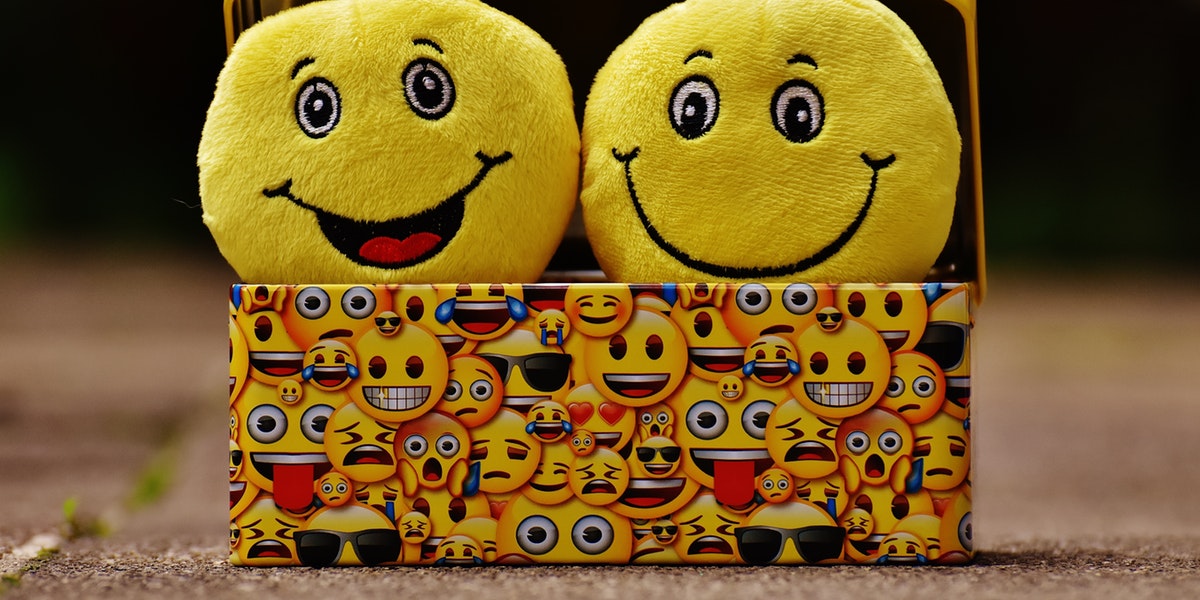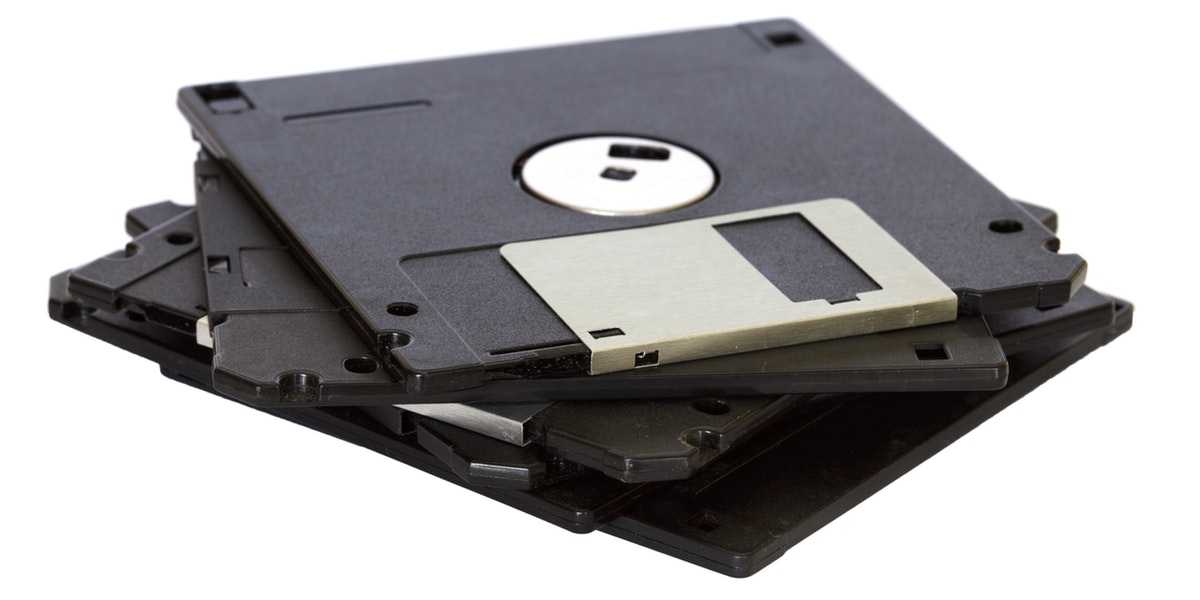Etymology: Where Do Words Come From?
Pick up any Shakespearean play and you’ll find the pages are flooded with weird and wonderful words you’ve never heard of, or drastically different spellings to what you’re used to today.
Language is a complex phenomenon and understanding how modern languages came to be can be a complex process.
That’s where etymology steps in.
Etymology is not a means of defining words. It’s a study which looks at the origins of words, tracking their developing meaning and spelling over the course of history.
Etymologists spend lots of time poring over ancient Greek and Latin texts in order to understand how our language has evolved. But lucky for you, you don’t need to go into all that nitty-gritty business to get the gist of how language has changed.
Here’s the basics of how the English language evolves!
Assimilation of Foreign Languages
Modern English is the culmination of borrowed words and phrases from multiple other languages.
Britain has had its fair share of invasions over time, and with each invasion, language has blended with that of the invading nation.
The invasions by the Angles, Jutes, and Saxons led to the development of Anglo-Saxon language, or Old English, a very Germanic language.
Then the Normans came in 1066, adding a French flair to what became Middle English.
Fast-forward 500 years, and add some Latin influence from the Catholic Church and the Renaissance into the mix, as well as the blossoming of the printing revolution, and Modern English finally came to fruition.
Take the word ‘whisky’ for example. Medieval monks called it ‘aqua vitae’ meaning ‘life water’. It then translated into Gaelic as ‘uisce beatha’. Anglicisation further changed it so ‘uisce’, then ‘uige’, then ‘usque’, and eventually ‘uisky’. It’s easy to see how it took its final, standardised form as ‘whisky’ from there.

Narrowing/Widening
Some words have widened or narrowed their meanings over time.
‘Meat’ was once a general word for all and any food. Over time, it became more narrowly defined, referring specifically to animal flesh.
Similarly ‘deer’ was used to describe all wild animals, but is now reserved solely for the antlered creatures that we understand to be deer today.
Conversely, some words have widened their meanings. The world ‘holiday’, for example, meant a ‘holy day’. Now it’s used to refer to all times of public celebration or time off work, religious or not!

Pejoration/Amelioration
“You’re such a nice girl!” would signal a major insult in ye olde days.
Many words have adopted polar opposite connotations over time. What was once considered a positive word is now negative, and vice-versa.
So whilst nice, to us, means pleasant or friendly, its original meaning was to be foolish, simple, or ignorant!
On the flipside, if you said “You’re such a silly girl!”, you’d have just made someone’s day.
Silly has evolved from an adjective to describe someone as being happy or blessed, to someone who is feeble in mind, to its current definition of being foolish.

Genericisation
Did you know that hoover is actually just a brand name? Sellotape? Tipp-Ex?
These are cases of genericisation, where a popular brand name becomes the commonplace word to refer to all products of its kind.
Even when you buy a shop’s own brand sticky tape, you’ll still call it sellotape.
Modern language is often borne out of shortcuts to make communication easier.

New Needs
This drive to make communication easier can be seen in the creation of words to meet new needs we have.
Technological change can trigger language development. New technologies and behaviours need new names!
The word ‘emoji’ was developed in the 90s for Japanese teenagers to describe the faces they typed to each other on their pagers. But the word was not created randomly – ‘e’ means ‘picture’ and ‘moji’ means ‘character’ or ‘letter’.
Words like ‘selfie’ or phrases like ‘Google it’ have also come from new needs to describe new behaviours that didn’t exist in the past.
These new words aren’t restricted to technological change. Much of our language is influenced through literature.
The word ‘Twitter’ might bring to mind the popular social media platform, but it was actually created by Geoffrey Chaucer in the 1300s when searching for a concise word to describe the chirping of birds in his book The Canterbury Tales.

Die Out
Words become embedded through use, and similarly, die out when they fall out of favour.
This cruel cycle has meant we have lost beauties such as ‘groke’, the act of staring intently at someone eating food in the hope they will give you some, and ‘fudgel’, the act of giving the impression you are working when in reality you’re doing nothing. Yes, there was a handy word to describe what you’re doing at work right now by reading this!
No longer shall we use the word ‘hugger-mugger’ to describe secretive or covert behaviour and there are already young adults today who have and never will use the word ‘floppy disk’.
It’s a continuous process to refine our language to suit our communicative needs.

How Can Etymology Be Useful?
Etymology is useful for translators and interpreters because it helps them to understand how words are composed and how their meanings have developed, in order to make clearer connections between different languages.
It can simplify the process of translation by allowing them to understand how everything ties in together through common influences.
For help with any modern day translation or interpreting needs you have, please contact Global Language Services today!





